Irwin Cotler: ‘Russia is in standing breach of the Genocide Convention’
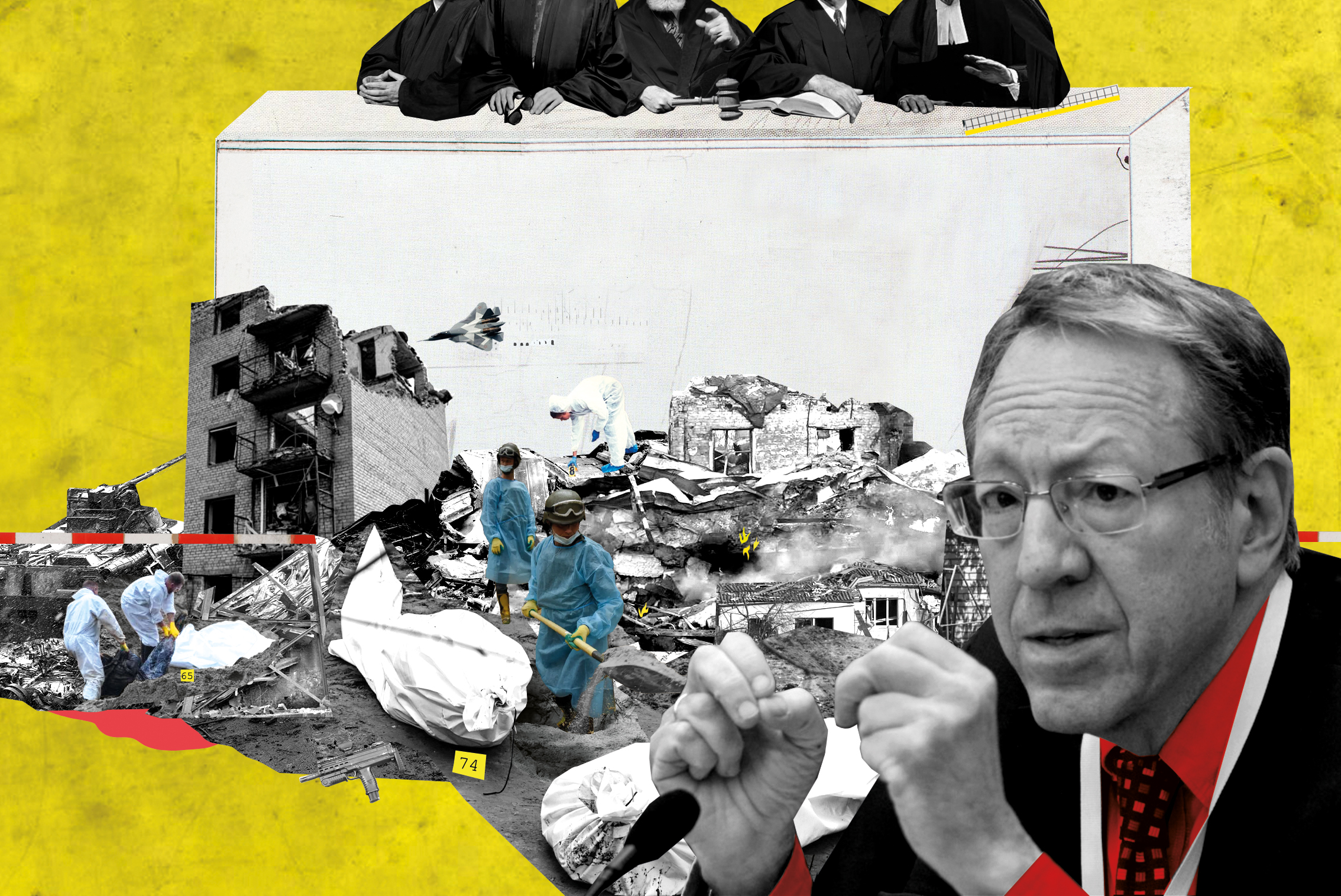
Irwin Cotler, a former lawyer for Nelson Mandela and a former attorney general of Canada, is drafting a proposal for a special criminal tribunal for Ukraine. He believes Switzerland can play a part in achieving justice for Ukraine.
Cotler is the only expert interviewed in our series about war crimes in Ukraine who sees the Russian aggression as a possible genocide.
SWI swissinfo.ch: As head of state, Russian President Vladimir Putin has diplomatic immunity. Who could prosecute someone like him?
Irwin Cotler: Putin actually does not have diplomatic immunity for international war crimes and crimes against humanity, for example, under the jurisdiction of the International Criminal Court [ICC]. But what is needed at this point is an independent international tribunal for the crime of aggression, as that crime is not prosecutable under the existing legal frameworks and that is where Putin has immunity.
SWI: Russia has already been involved in one war in Syria, in 2015, which achieved nothing. Hundreds of thousands of people died, and Russia has been accused of using scorched-earth tactics and deliberately shelling hospitals and homes of civilians – like in Ukraine today. Bashar al-Assad is still president. Do you think the Syrian and Russian presidents have something in common?
I.C.: In both the cases of Assad and Putin the international community indulged a culture of criminality and impunity. For example, the international community did not intervene when Russia assaulted Chechnya, invaded Georgia, annexed the Crimea, and bombed Syria. Putin might well have thought that if the international community did nothing at each of these points of assault, [then] why should it care if Russia invades Ukraine? [Ukraine] in Putin’s thinking was not an independent state in any case; [it] had to be “de-Nazified” and was part of Russia. So, the lessons in all of this are the dangers of indifference and inaction in the face of mass atrocity and even genocide, and our responsibility to prevent and protect.
In fact, Russia is in standing breach of the Genocide Convention in three areas: first, in its direct and public incitement to genocide, a standing breach of the Convention on the Prevention and Punishment of the Crime of Genocide, whether or not acts of genocide follow, as the Supreme Court of Canada has declaredExternal link; second, that genocidal intent may be inferred from Russia’s planning and execution of mass atrocity crimes; and third, that the crime of aggression, the direct and public incitement to genocide, and the condition of mass atrocity crimes, have created a risk of genocide and state parties to the Genocide Convention are under an obligation to prevent and protect, which is a stand-alone obligation that does not await the actual commission of genocide itself.
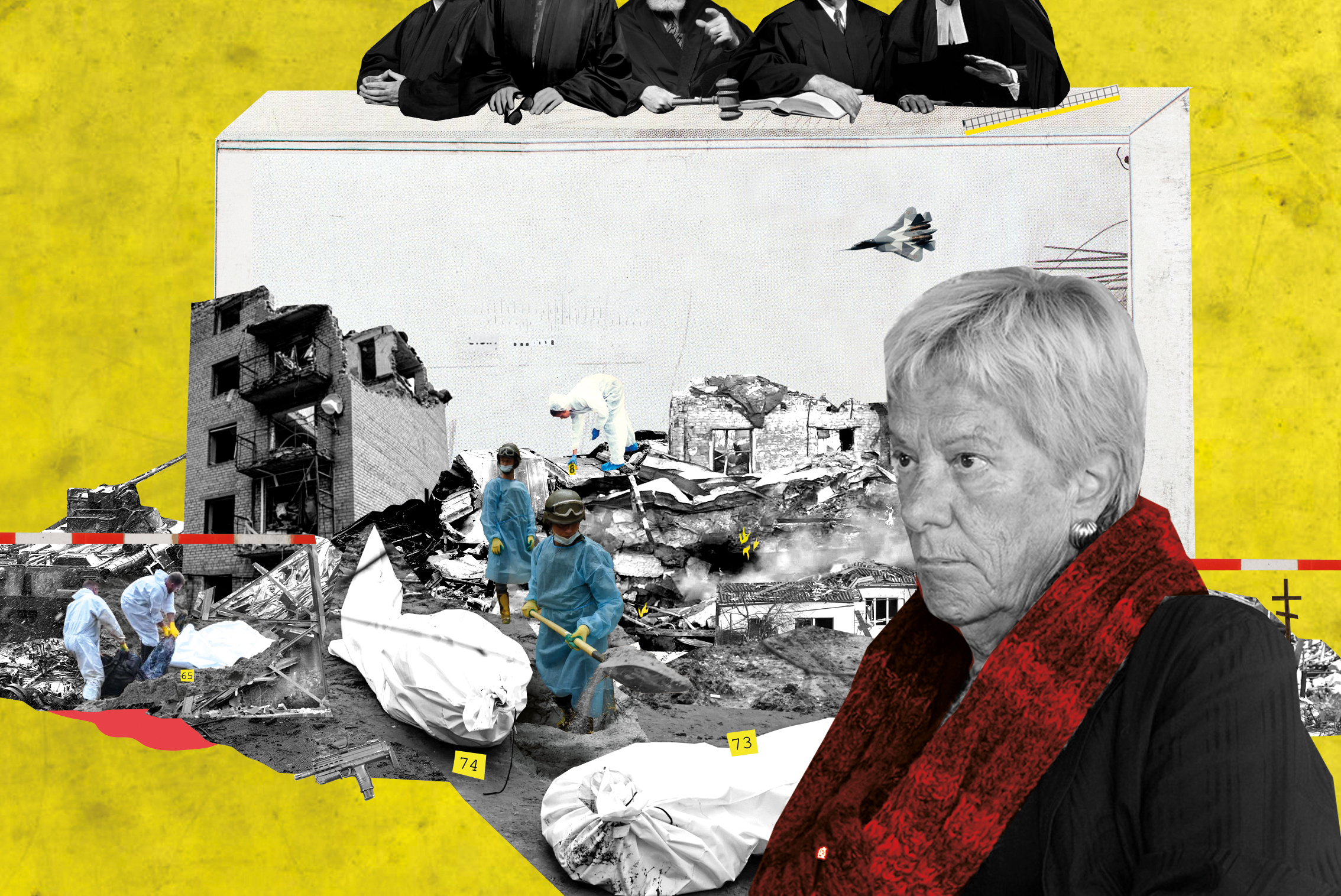
More
Carla Del Ponte: Putin’s crime of aggression ‘has already been proven’
SWI: What should happen next, after the world has seen what the Russian war has brought to Ukraine?
I.C.: In an ideal world we would be securing justice for victims and accountability for the violators. In our world there are several initiatives that we are pursuing and others that need to be pursued. These include the International Court of Justice initiative which, in a provisional judgement, has called on Russia to cease and desist from its acts of aggression and withdraw from Ukraine; second, ongoing investigations for prospective prosecution at the ICC; third, prosecutions under the principle of universal jurisdiction; fourth, the ongoing prosecutions by Ukraine itself; and finally, the establishment of an independent tribunal for the prosecution of the crime of aggression, which is not now under the jurisdiction of any of the existing approaches.
SWI: Do you think that countries with a neutral status such as Switzerland could do something to help Ukrainians seek justice?
I.C.: I am part of a group together with Hans Corel, former legal advisor to the United Nations, and David Crane, former Special Prosecutor for Sierra Leone, that has drafted such a proposed tribunal statute as members of the Global Accountability Network’s Ukrainian Task Force.
The draft proposal contemplates the establishment of such a tribunal through the [United Nations] General Assembly based on an agreement between the UN and the government of Ukraine, focusing on prosecuting the crime of aggression using the definition for that purpose as set forth in the Rome Statute. Switzerland, along with other European countries, can certainly play a role in its establishment.
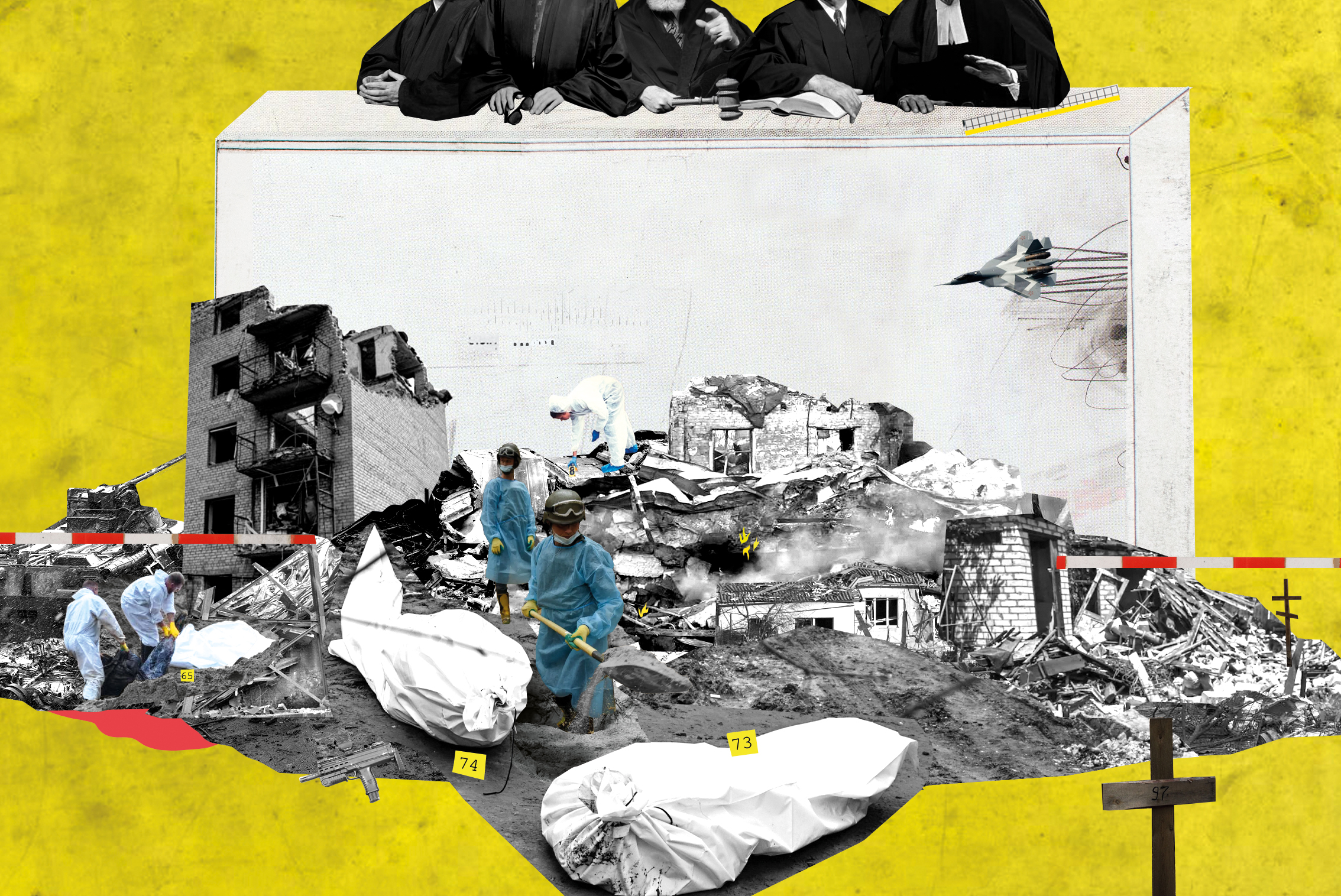
More
The challenges of bringing Russian war crimes to justice

In compliance with the JTI standards
More: SWI swissinfo.ch certified by the Journalism Trust Initiative
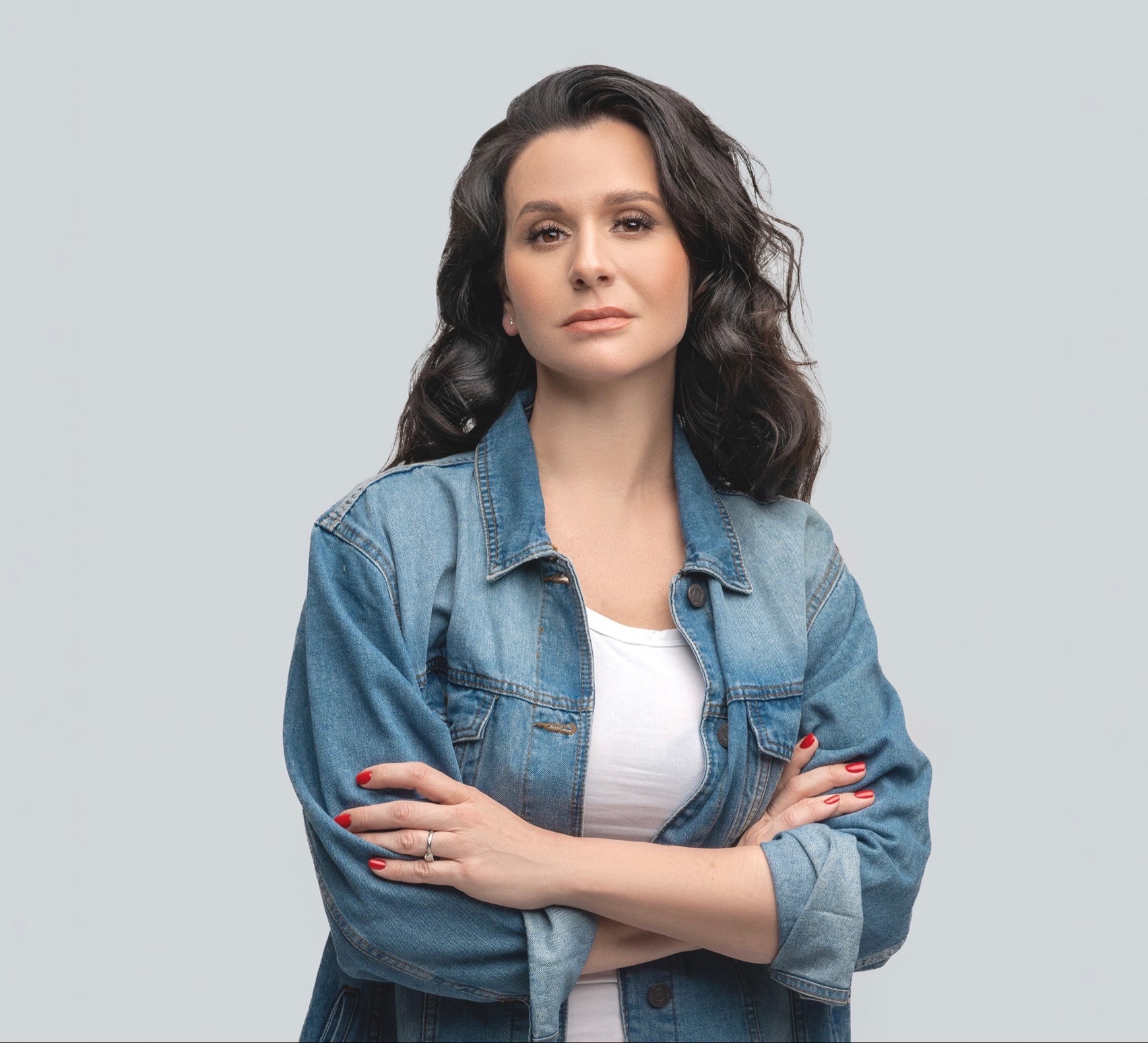
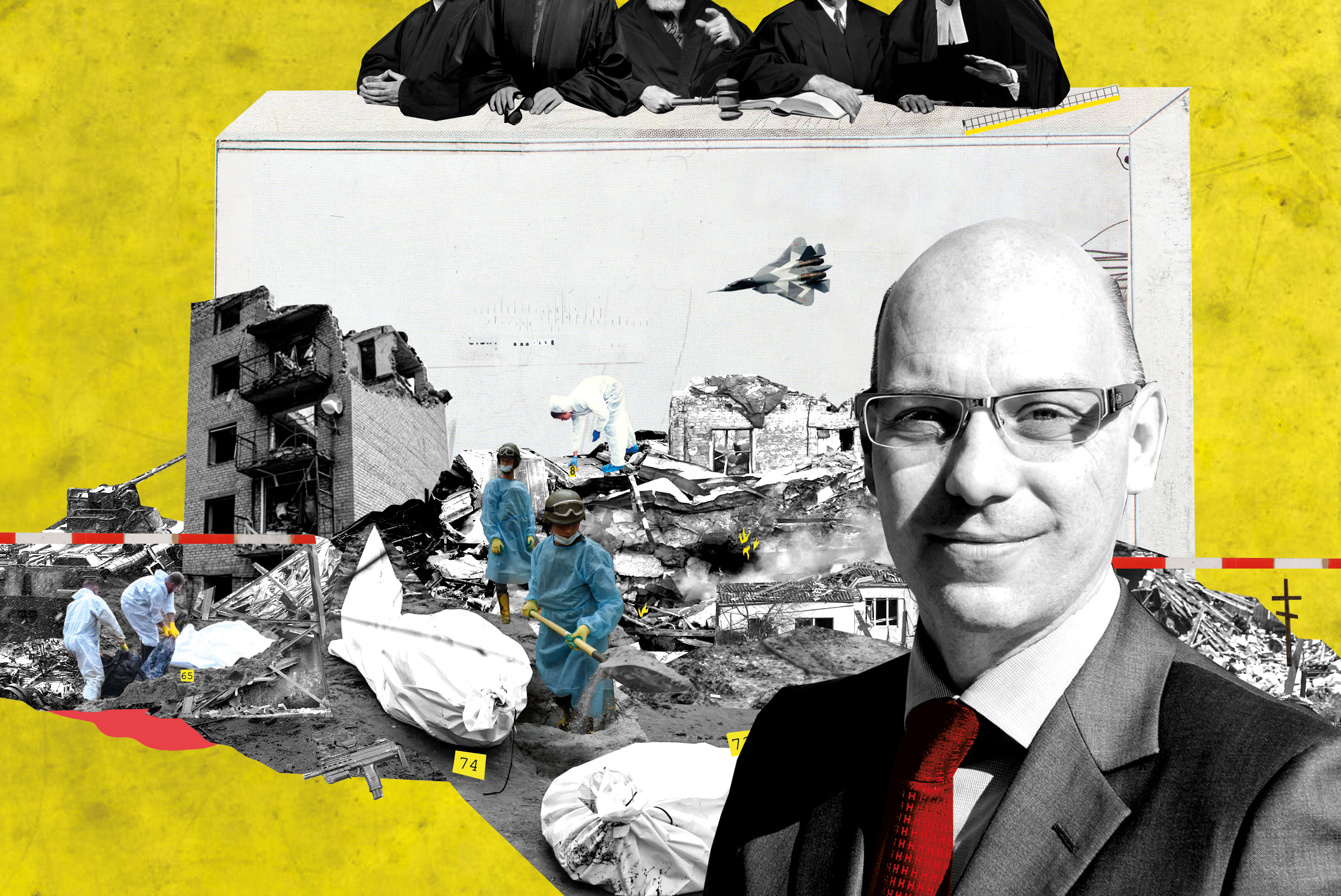
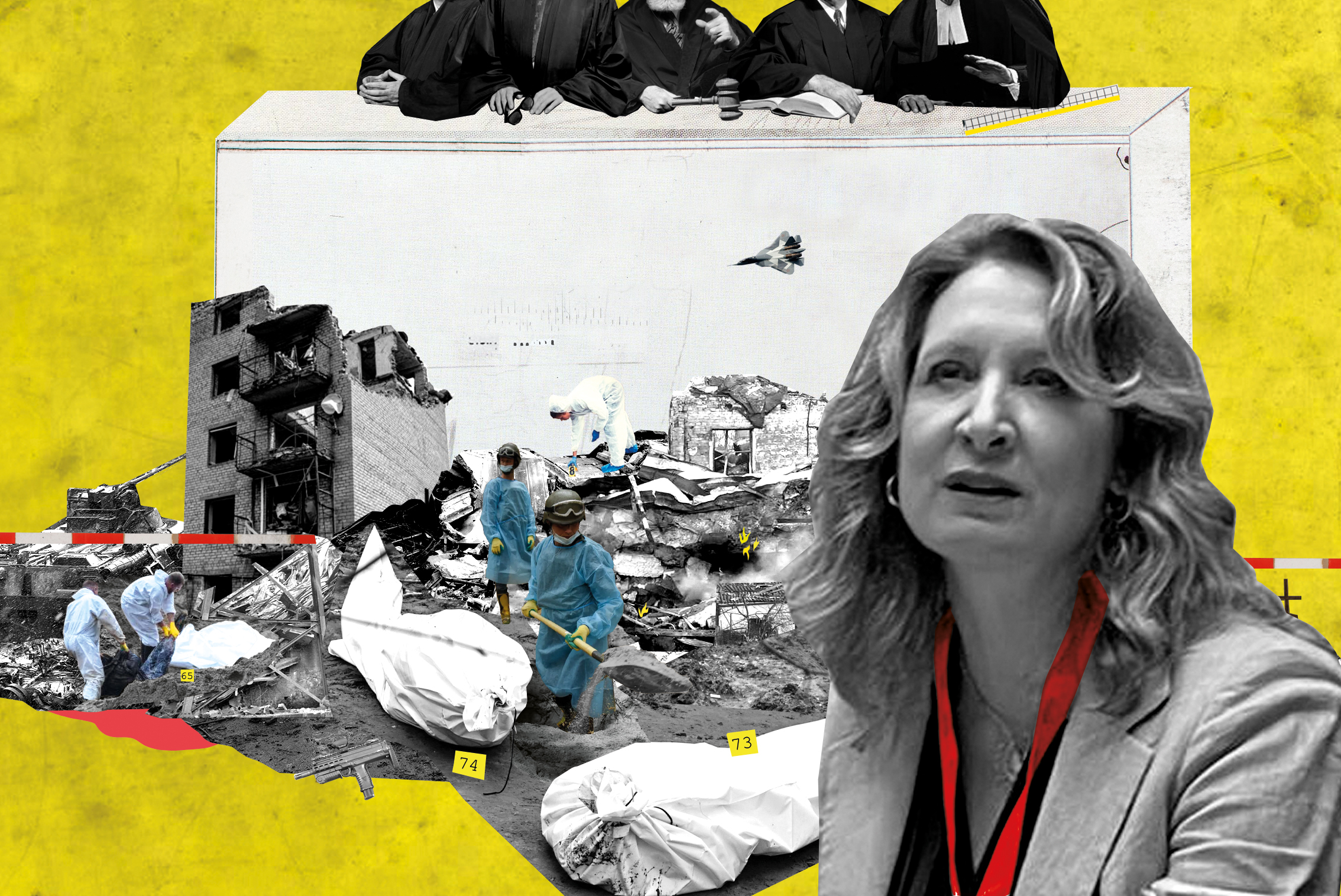
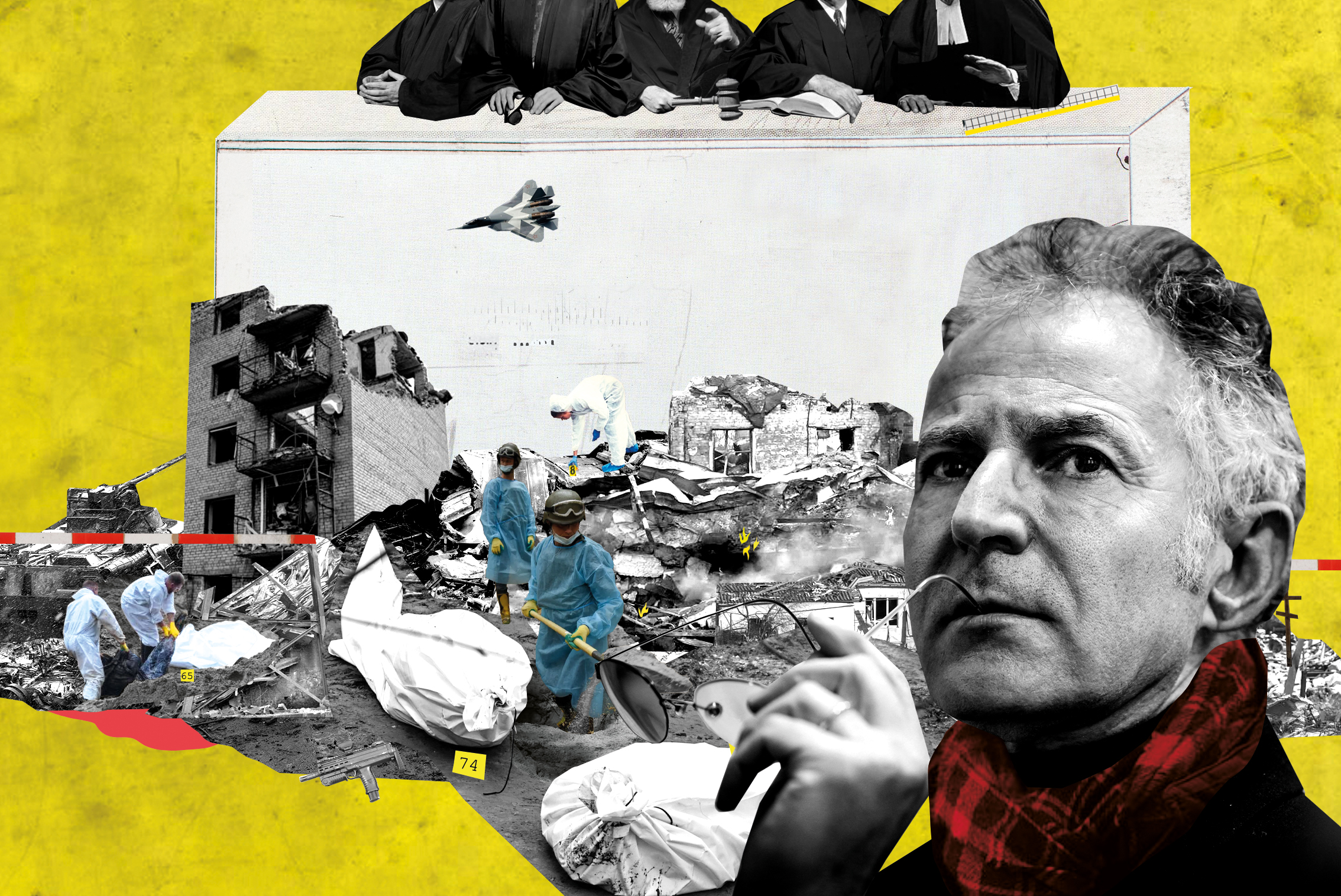
You can find an overview of ongoing debates with our journalists here. Please join us!
If you want to start a conversation about a topic raised in this article or want to report factual errors, email us at english@swissinfo.ch.